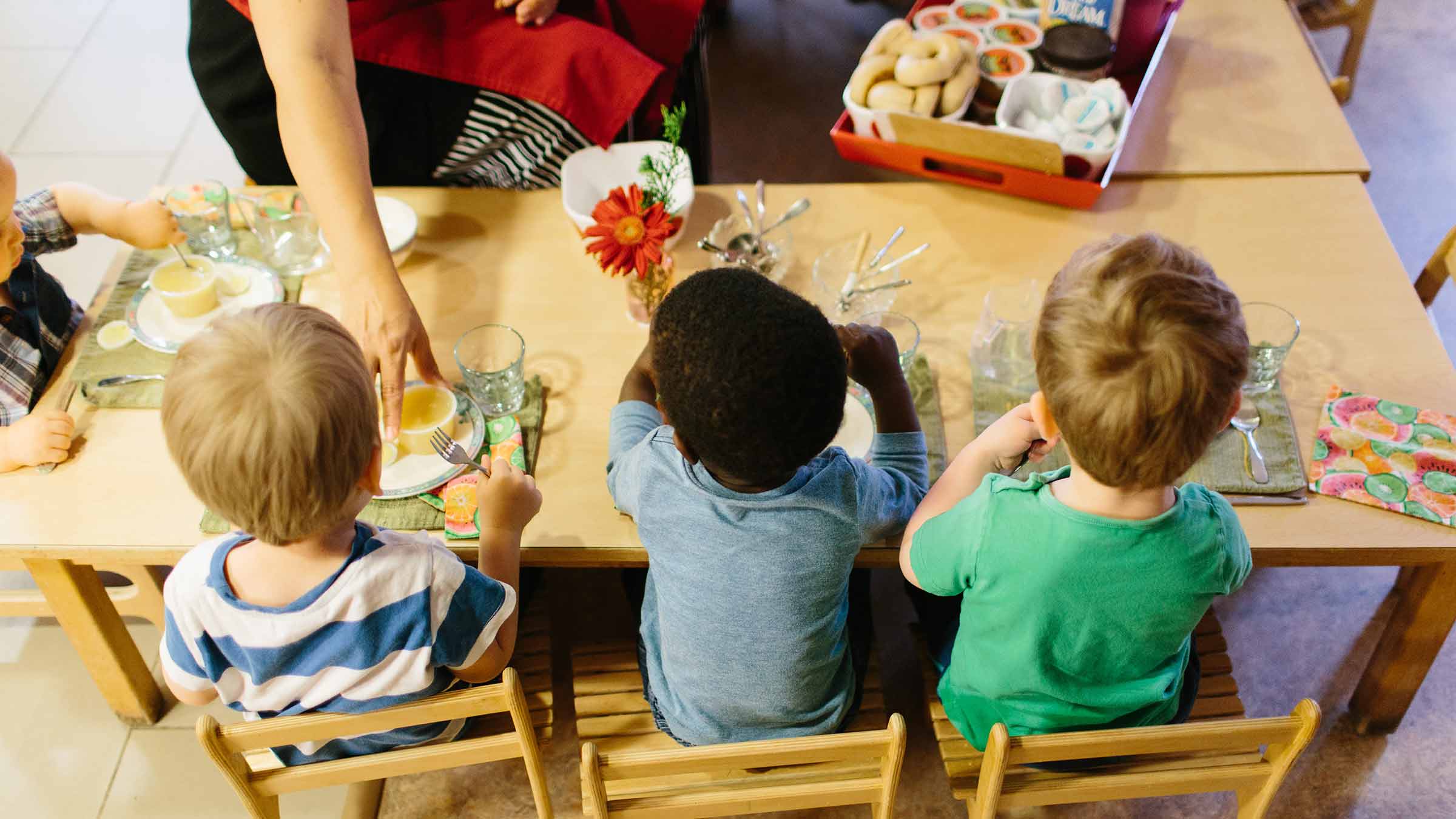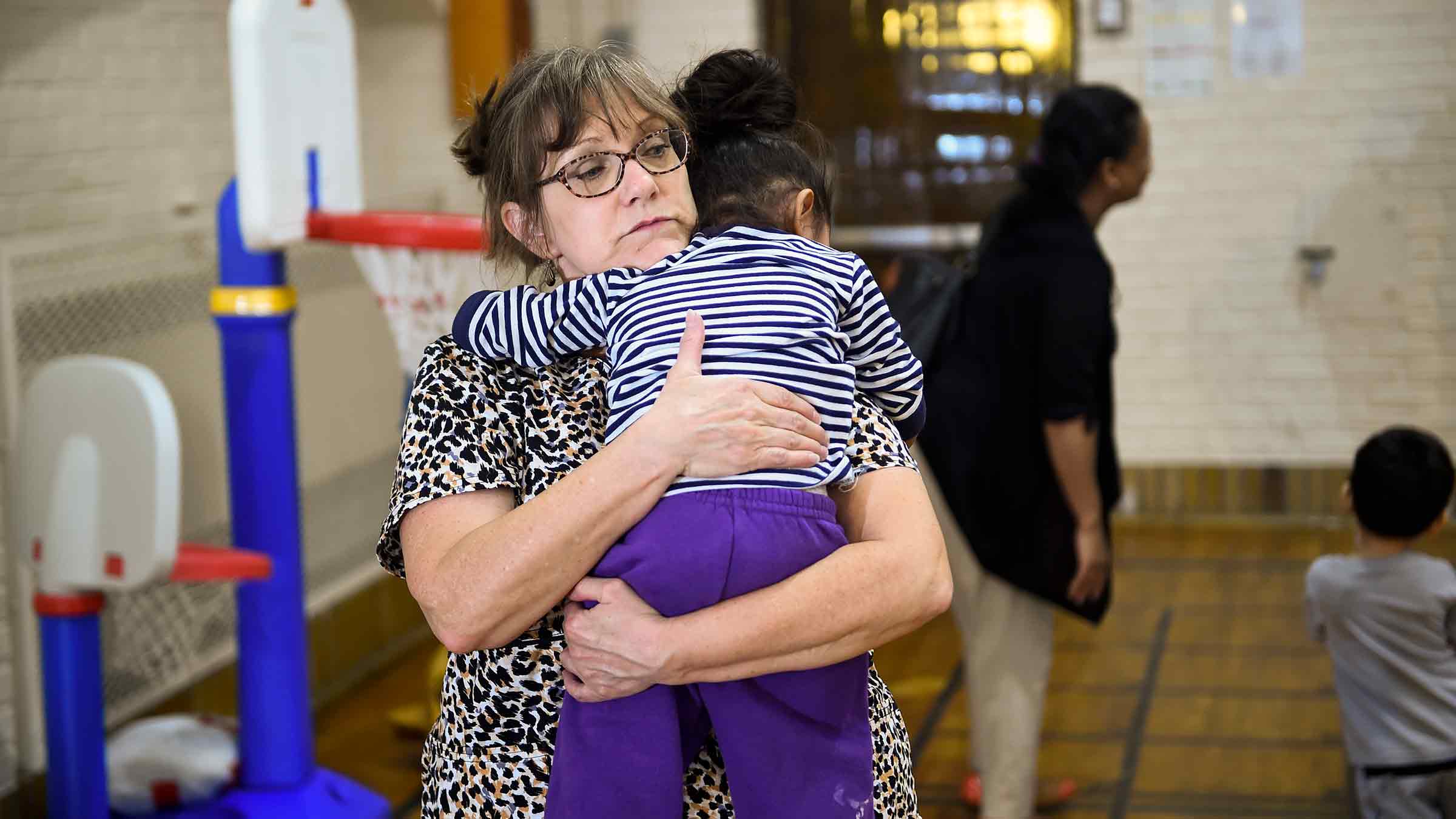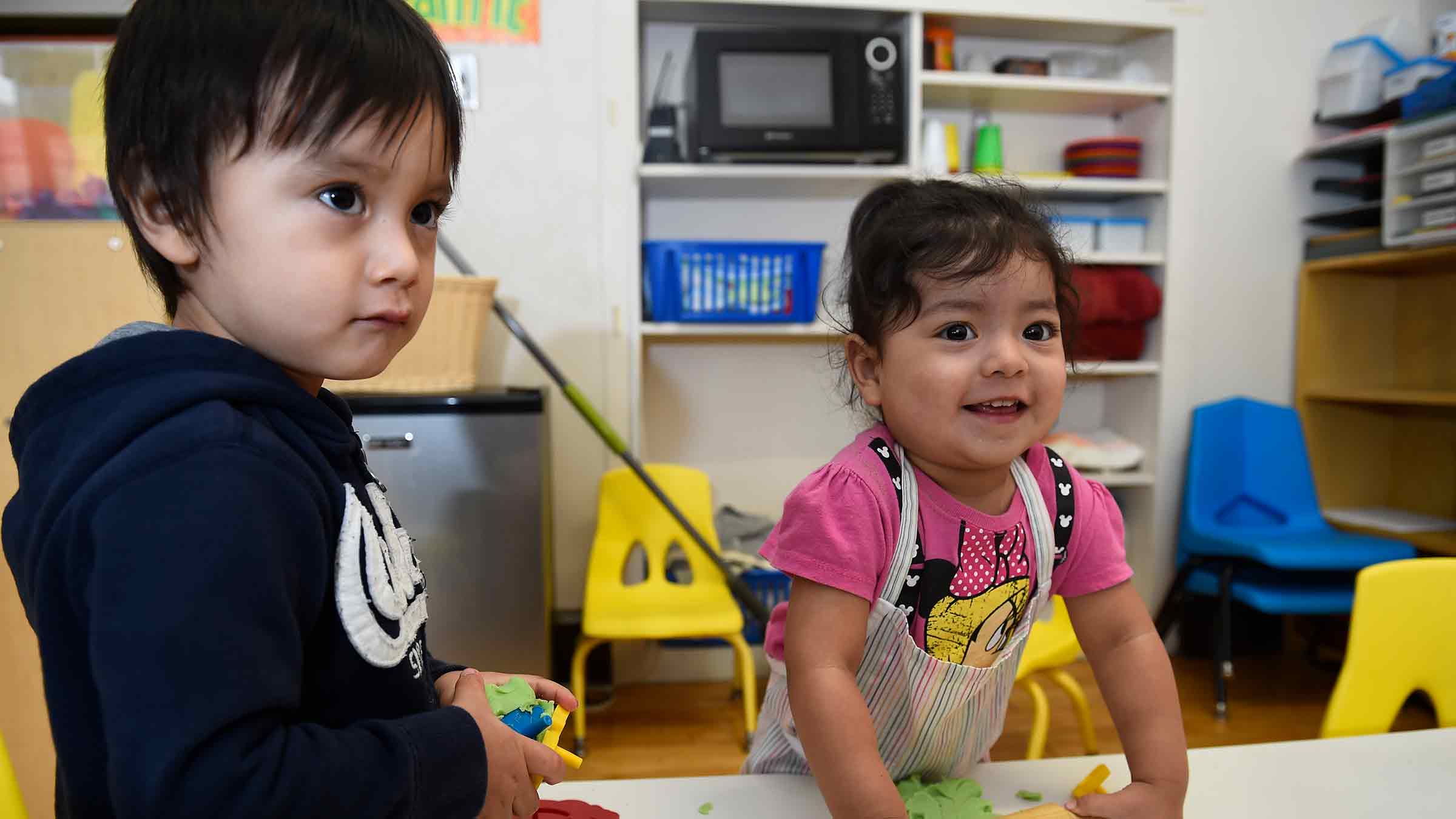

Adverse childhood experiences (ACEs) are traumatic events that occur in children ages 17 and under. ACEs are widespread and can have an impact on individuals from all walks of life, regardless of their socioeconomic status or background.
ACEs may include but are not limited to:

A child’s brain is like a sponge, and research shows that ACEs can alter brain development and lead to a variety of long-lasting negative outcomes.
The long-term impact of ACEs is associated with negative outcomes in:
About 64% of U.S. adults have experienced at least one type of ACE, and the accumulation of ACEs increases the likelihood of adverse health outcomes. While ACEs can happen to anyone, childhood trauma is disproportionately experienced by marginalized communities and those facing poverty.
Research shows that trauma-sensitive caregiving can help children grow their resiliency. Early intervention and informed caregiving can lead to long-lasting benefits in adulthood, including improved physical and mental health outcomes, higher educational attainment and higher wages.
By collaborating with nonprofits and leveraging government expertise, 80x3 empowers local early childhood education and care programs to effectively integrate trauma-sensitive care.

No single person or organization can address the impact of childhood trauma. It requires a sustained commitment and concerted effort from government agencies, healthcare providers, educators, social workers and community organizations. Each of these groups has a unique role to play in promoting resilience and supporting those affected by trauma.
By working together, we can create a world where all children can grow up healthy and safe.
Stay up to date and connected to 80x3!